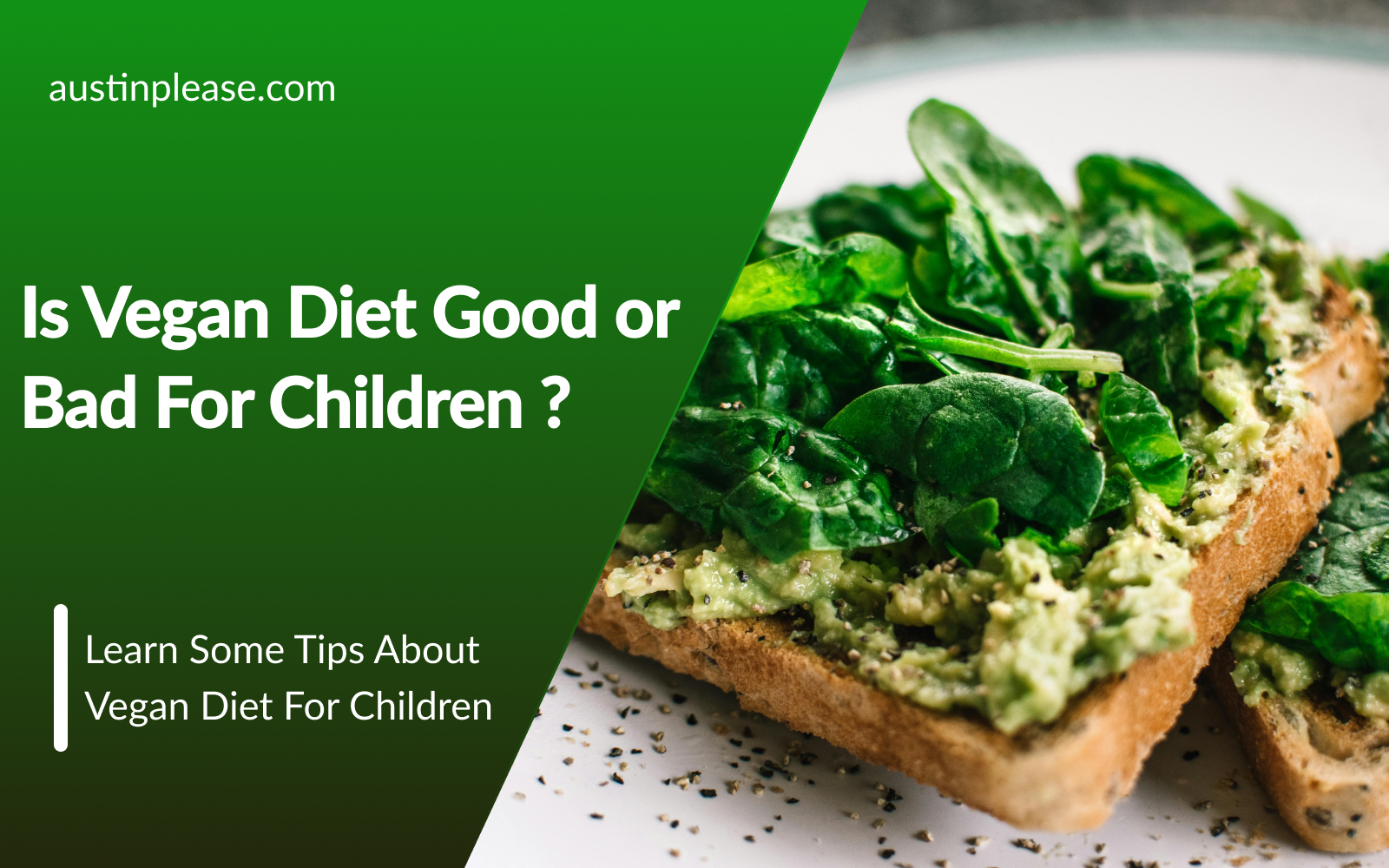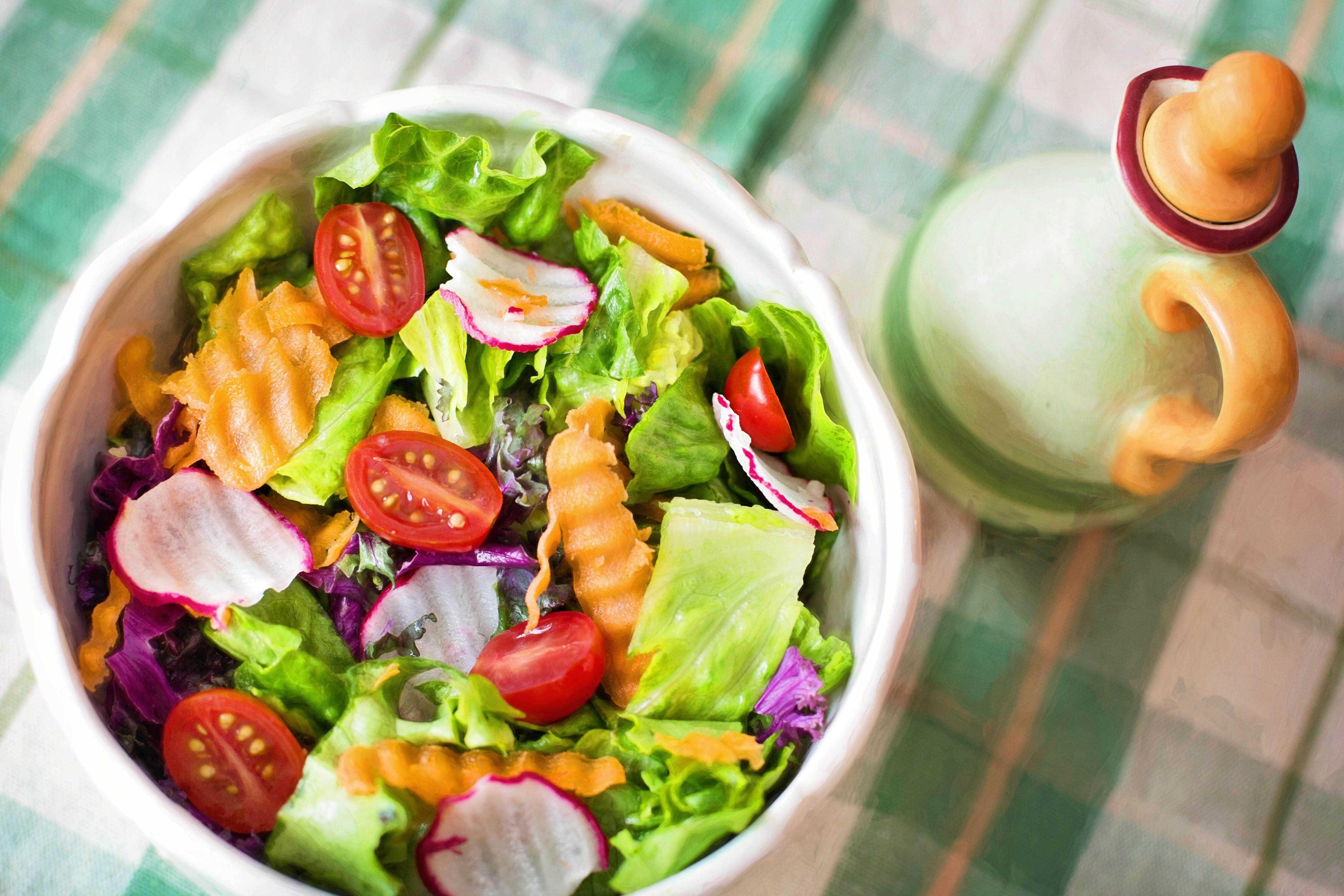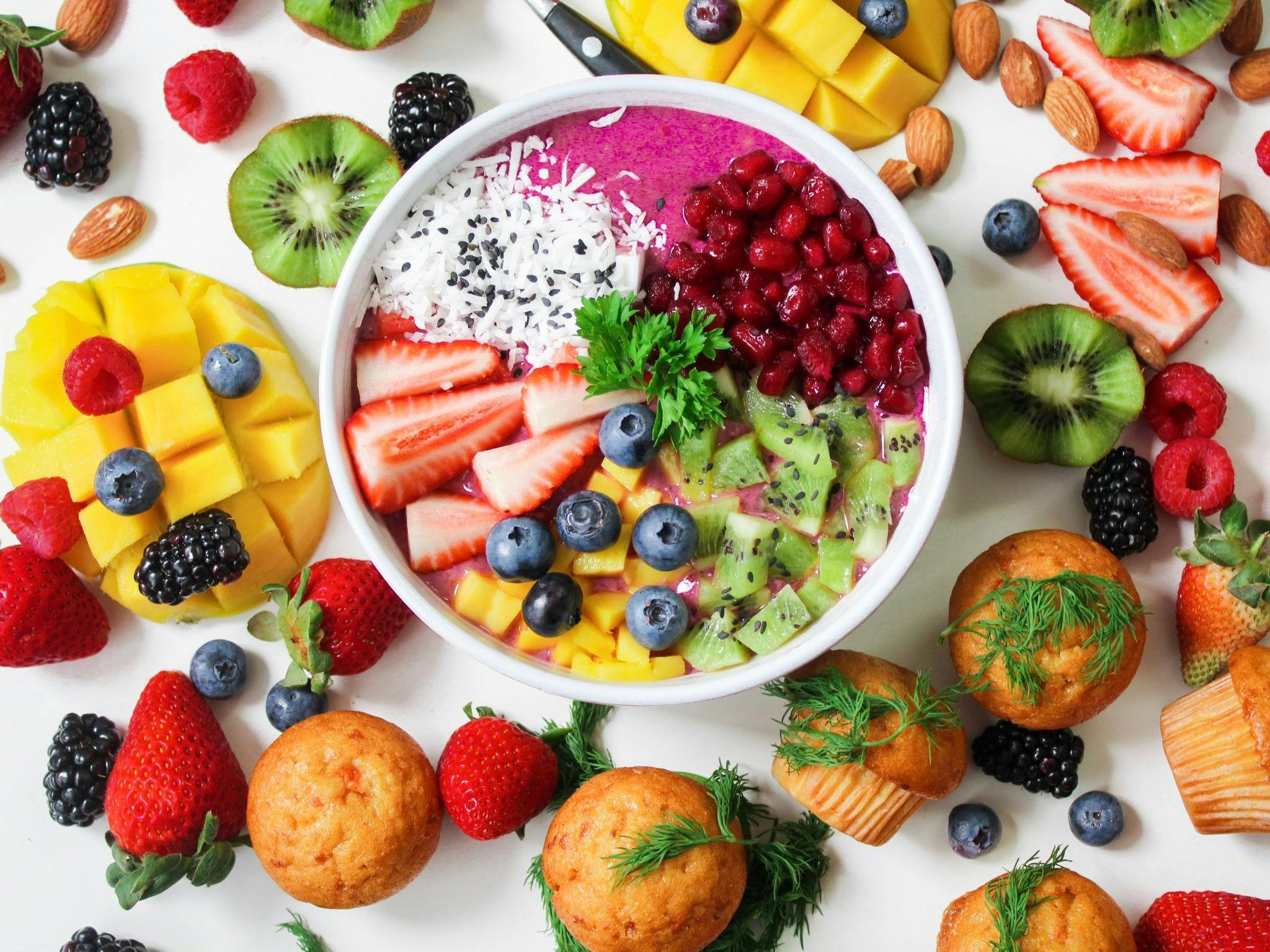


You’re just trying to keep your kids happy, healthy, and not hungry. So, when it comes to raising vegan kids, the big question on everyone’s mind is: Can it really be safe and nutritious for them?
It can be! But it takes some thought, planning, and maybe a few sneaky tricks up your sleeve.
The truth is, science says a plant-based diet can work for kids at any stage of life as long as you’re doing it right.
Of course, it’s not all smoothies and sweet potatoes. We’ll chat about the must-haves like essential fatty acids for brain power, vitamins that don’t grow on trees, and how to avoid those pesky nutrient gaps. And yes, we’ll also cover when going full-on vegan might not be the best fit for every family, but parenting is all about knowing when to adapt.
So grab a cup of coffee or a glass of almond milk and let’s talk about how to make plant-based parenting work without losing your sanity.

Alright, raising vegan kids means paying close attention to what’s actually going into their growing bodies. Don’t worry, though. I’ve got your back. Here’s what you need to know to keep those little plant-based powerhouses thriving.
Let’s start with the big players, the nutrients vegan kids need to grow strong, sharp, and full of energy.
Here’s where things get really exciting. Studies suggest that kids who grow up on plant-based diets may have a lower risk of heart disease later in life. And since heart health isn’t something we usually think about when our kids are busy finger-painting or jumping on the couch, it’s kind of amazing to know we’re setting them up for success without them even realizing it.
While vegan diets can work wonders for kids when done right, they’re not without their challenges. Adding a plant-based lifestyle into the mix means there are a few extra plates spinning in the air. But don’t worry, awareness is half the battle, and with a little know-how, you can navigate these hurdles like a pro.
One of the concerns that often comes up is how vegan diets might affect growth. A study from Poland found that vegan kids sometimes have slightly shorter heights and lower bone densities compared to their non-vegan peers.
Now, before you panic, it’s worth noting that these measurements were still within the normal range for their age. That said, other research has shown that vegan children may be more prone to having lower bone mineral content, which could potentially increase the risk of bone issues like osteoporosis later in life.
It’s all about making sure they’re getting enough calcium, vitamin D, and other bone-building nutrients.

Vegan diets can sometimes leave kids short on certain nutrients that are essential for their health. Vitamin B12, for example, is a big one because it’s mostly found in animal products.
Without enough of it, kids could face problems with their nervous system, immune system, or even their mental health. And let’s not forget protein, vitamin D, and iron; these are all crucial players in keeping your kiddos healthy and thriving.
The good news? With a little planning, these deficiencies are totally avoidable. Supplements, fortified foods, and a well-rounded diet can help fill in the gaps.
Introducing common allergens like peanuts, soy, or dairy alternatives before 12 months can help reduce the risk of allergies later in life. It’s kind of ironic that while you’re avoiding animal products, you still need to be mindful of other potential allergens sneaking into your meals.

Alright, let’s break it down step by step because when it comes to feeding vegan kids, balance is key. Think of it like building a LEGO tower; every piece has its place, and if you skip one, the whole thing might wobble.
If you’re starting this plant-based journey from pregnancy or breastfeeding, kudos to you for thinking ahead. These early stages are all about setting the foundation for your child’s health, and that means focusing on vitamins and minerals that support growth and development. A well-planned vegan diet can absolutely meet these needs; you just need to know where to look.
Calcium and vitamin D are non-negotiables for growing bodies, but guess what? You don’t need dairy to get them. Here’s a quick list of vegan-friendly options:
And if you’re worried about missing anything, there’s always the Vegan Society’s supplement, VEG 1. It’s specifically designed to fill in the gaps, giving you peace of mind that your kids are covered when it comes to those harder-to-get nutrients.
Raising vegan kids is totally doable, but it takes some planning to ensure they’re getting all the nutrients they need. Here’s a quick rundown:
Okay, friends, let’s take a moment to reflect because this whole vegan parenting thing? It’s not just about food, it’s about values, choices, and creating a lifestyle that feels right for your family. I’ll be honest: when I first started navigating this plant-based journey with my own kids, I felt overwhelmed. Like, how do I make sure they’re getting everything they need while keeping mealtime fun and stress-free?
If I could give one piece of advice, it would be this: don’t go it alone. Lean on resources like dietitians, pediatricians, and even online communities.
Supplements like VEG 1 can be total game-changers, and fortified foods are your secret weapon. Oh, and don’t underestimate the power of snacks. Seriously, hummus and veggie sticks saved me more time than I can count.
And if you’re looking for more tips, recipes, or just a little encouragement, you know where to find me. Swing by austinplease.com anytime, you’ll find a mix of parenting advice, vegan hacks, and maybe even a few dad jokes.
Disclosure: I may receive affiliate compensation for some of the links below at no cost to you if you decide to purchase a paid plan. You can read our affiliate disclosure in our privacy policy. This site is not intending to provide financial advice. This is for entertainment only.